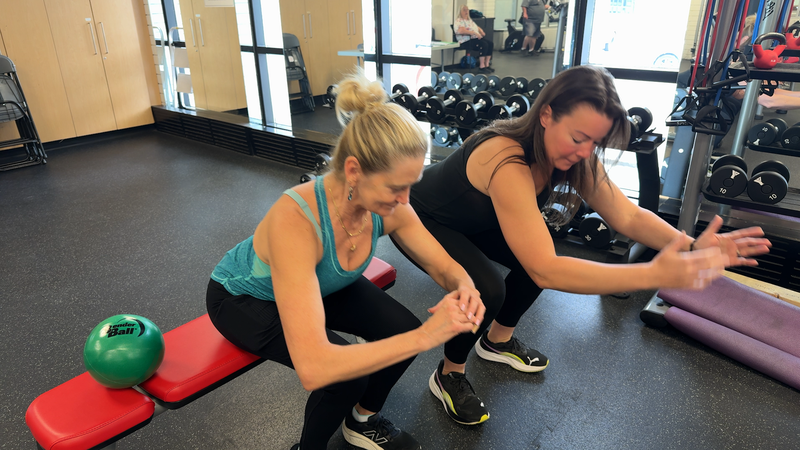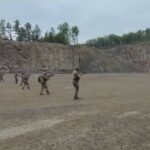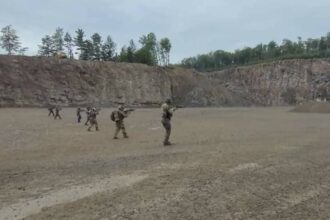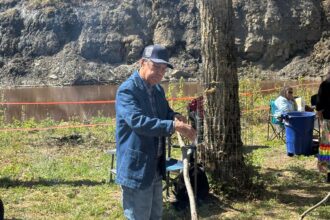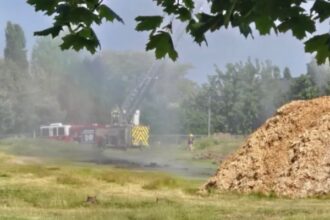In a significant development for local healthcare accessibility, Prince George residents struggling with knee and hip mobility issues now have a new resource at their disposal. The YMCA of Northern BC has unveiled its specialized Knee Hip Wellness Program, designed specifically to address the needs of individuals experiencing joint discomfort and mobility limitations.
The program, which launched this week, comes as a response to growing demand for accessible rehabilitation options in the region. According to statistics from the Northern Health Authority, nearly 30% of adults over 55 in Northern BC report experiencing chronic joint pain that affects their daily activities.
“We recognized a substantial gap in community-based support for people with knee and hip conditions,” explains Margaret Chen, Health Programs Director at the YMCA Prince George. “Many residents complete their formal physiotherapy but need ongoing guidance to maintain progress and prevent further deterioration. That’s precisely where our program steps in.”
What distinguishes this initiative is its comprehensive approach. Participants receive individualized assessment followed by a 12-week structured program combining targeted exercises, pain management techniques, and education on joint health. The sessions are led by certified kinesiologists with specialized training in joint rehabilitation.
The timing of this launch aligns with concerning healthcare trends across Canada, where wait times for joint replacement surgeries continue to increase. Data from the Canadian Institute for Health Information indicates that patients in northern regions face particularly extended waits, often exceeding 18 months for non-urgent procedures.
Dr. Amina Patel, an orthopedic specialist at University Hospital of Northern BC, views the program as a valuable community asset. “Pre-habilitation programs like this one can significantly improve outcomes for patients awaiting surgery while providing essential support for those managing chronic conditions. The benefits extend beyond physical improvement to include reduced anxiety and better quality of life.”
Financially, the program represents a strategic investment in community health. At $180 for the 12-week session, it offers a cost-effective alternative to private physiotherapy while providing more structure than general fitness classes. Financial assistance options are available for eligible participants through the YMCA’s accessibility fund.
Early registration figures suggest strong community interest, with the inaugural cohort reaching 85% capacity within days of announcement. Plans are already underway to expand offerings to accommodate evening sessions for working adults.
As our population ages and healthcare systems face mounting pressures, how might community-based interventions like the YMCA’s program reshape our approach to managing chronic conditions while reducing strain on formal healthcare resources?

